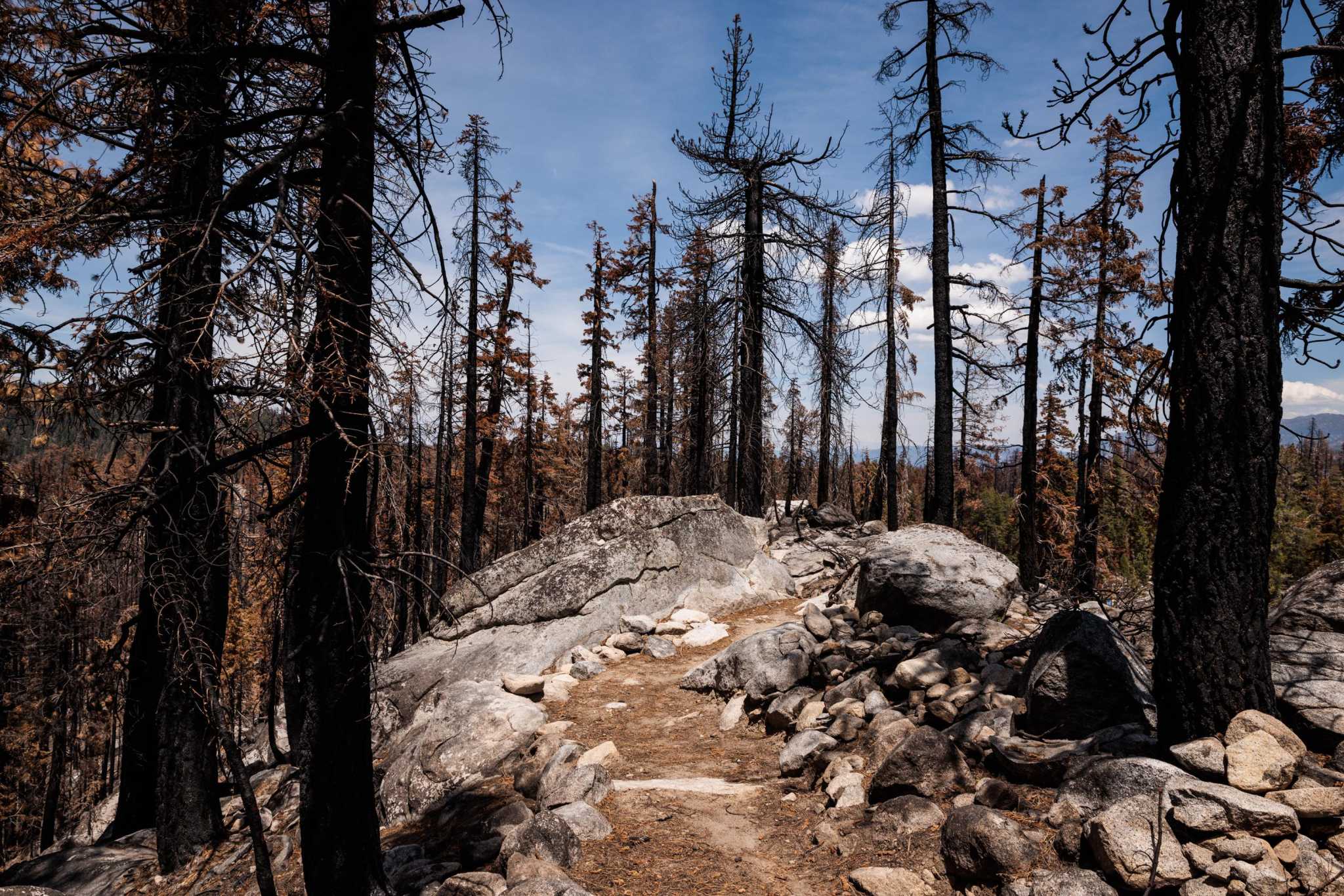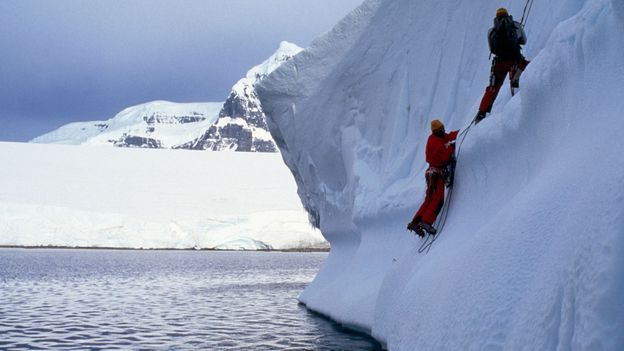Water supply and sanitation in Saudi Arabia is characterized by challenges and achievements. One of the main challenges is
water scarcity. In order to overcome water scarcity, substantial investments have been undertaken in
seawater desalination, water distribution, sewerage and
wastewater treatment. Today about 50% of drinking water comes from desalination, 40% from the mining of non-renewable groundwater and only 10% from surface water in the mountainous southwest of the country. The capital
Riyadh, located in the heart of the country, is supplied with desalinated water pumped from the
Persian Gulf over a distance of 467 km. Water is provided almost for free to residential users. Despite improvements, service quality remains poor, for example in terms of continuity of supply. Another challenge is weak institutional capacity and
governance, reflecting general characteristics of the public sector in Saudi Arabia. Among the achievements is a significant increase in desalination, and in access to water, the expansion of wastewater treatment, as well as the use of treated effluent for the irrigation of
urban green spaces, and for agriculture.
Since 2000, the government has increasingly relied on the private sector to operate water and sanitation infrastructure, beginning with desalination and wastewater treatment plants. Since the creation of the National Water Company (NWC) in 2008, the operation of urban water distribution systems in the four largest cities has gradually been delegated to private companies as well. The apparent paradox of very low water tariffs and
water privatization is explained by government subsidies. The government buys desalinated water from private operators at high prices and resells the bulk water for free. Likewise, the government directly pays private operators that run the water distribution and sewer systems of large cities under
management contracts. Furthermore, it fully subsidizes investments in water distribution and sewers.
Water utilities are expected to recover an increasing share of their costs from the sale of treated effluent to industries. In January 2016 water and sewer tariffs were increased for the first time in more than a decade, which resulted in discontent and in the sacking of the Minister of Water and Energy Abdullah Al-Hussayen in April 2016.
[3]



